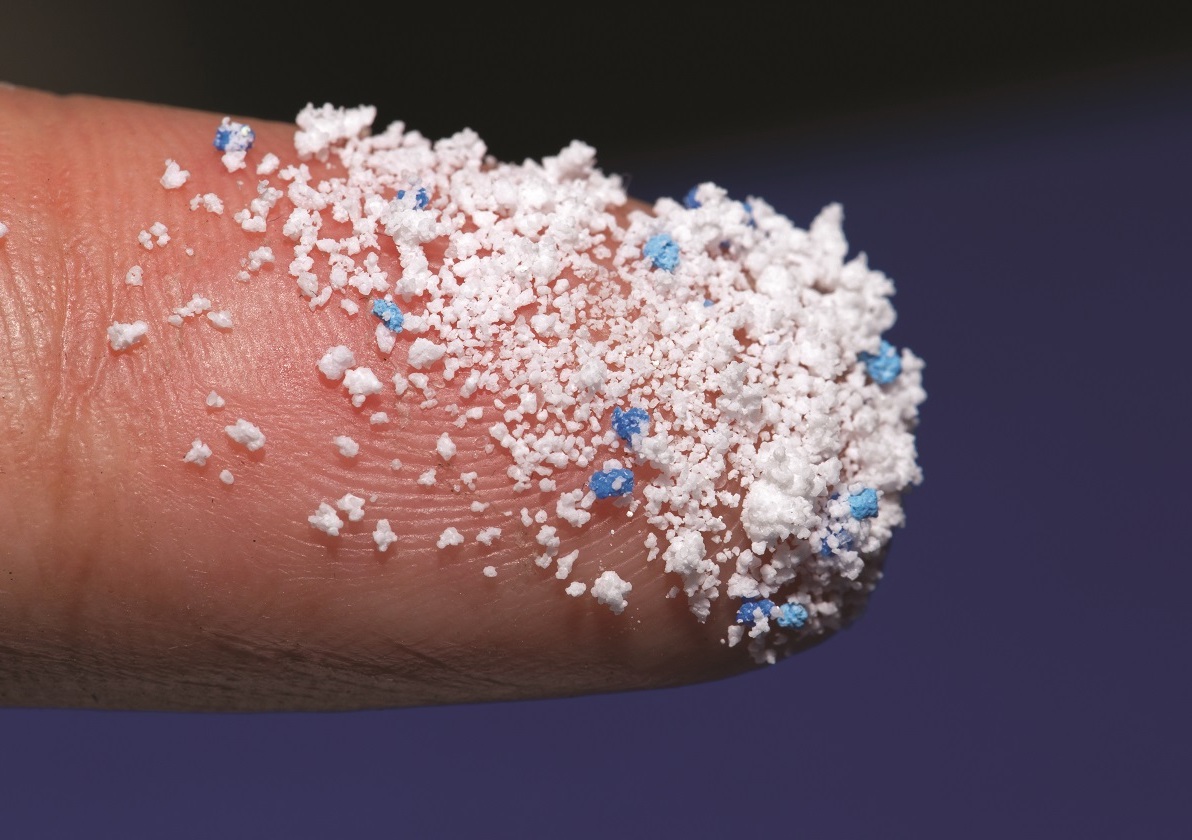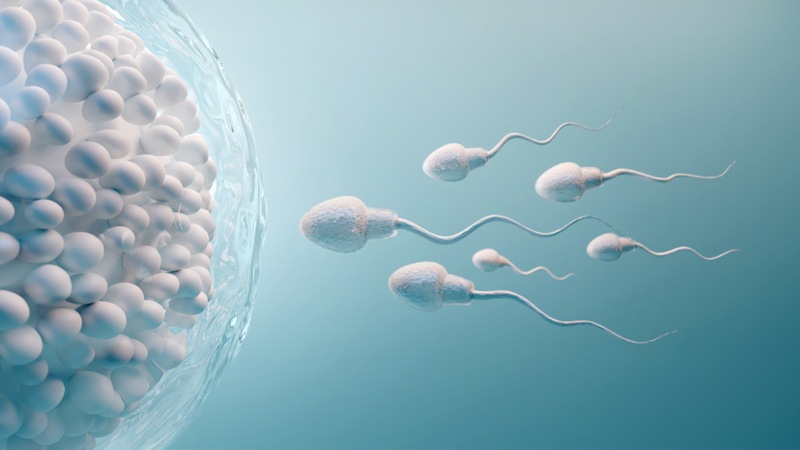HEALTH TOPICS
Endocrine Disrupting Chemicals and Health: BPA and Beyond
Posted by: Quieta Bail Naturopath (BHSc)
WHAT ARE Endocrine disrupting chemicals?
Endocrine-disrupting chemicals (EDCs) are substances found in the environment (air, soil or water), food sources (i.e. phytoestrogens), personal care products and manufactured products which can interfere with the function of the endocrine system. EDCs include a wide range of substances both natural and man-made, which include pharmaceuticals, dioxin, DDT, pesticides, components of plastic (BPA, phthalates) and others. These can be found in many commonly used products including:
- Plastic bottles & food storage
- Metal food cans
- Soaps & Detergents
- Flame retardants
- Food additives
- Children’s products & toys
- Cosmetics (makeup, personal care products, sunscreens)
- Cleaning products
- Pesticides
- Food
- Teflon
- Textiles and clothing
- Popcorn bags
- Thermal Paper Receipts
The endocrine system is the system which produces, stores and secrets hormones. The disruptions that EDCs cause can produce adverse developmental, reproductive, neurological, cardiovascular, and immune effects in humans. EDCs act like hormones and trick the body, or they can block natural hormones from doing their job. This can cause disruption to the endocrine system and can lead to fertility issues, abnormalities in organs, endometriosis, altered nervous system, immune and metabolic function.
Plastic
Plastic is in the world around us, and rates of use are increasing. Bisphenol (BPA) and other chemicals found in plastics is probably by far the most heard of EDCs. These also include PFAs, Phthalates, Dioxin, UV Stabilizers, Lead and Cadmium. BPA is used to build plastics and are found most in reusable food and beverage containers, re-usable water bottles, linings of food cans, medical and sporting equipment, thermal paper receipts and water pipes. Phthalates are used in PVC and used in fillers in medication, dietary supplements, food and drink packaging, and children’s toys. Plastic, and their associated chemicals not only impact the health of the planet, but also human health.
HOW DO THEY IMPACT US?
Originally, EDCs were thought to create disruption directly and solely through the hormone receptors (such as oestrogen and thyroid receptors). Recent evidence has found that EDCs have a much broader effect and can alter many other mechanisms which play large effects on the endocrine and reproductive system and their associated organs. Even more alarming, EDCs exert effects on genes and create epigenetic impact. EDCs have been found, if exposed in early stages of development, to potentially alter genetic programming which can lead to transgenerational disease inheritance.
This means that EDCs may not only affect the person who is exposed to them, but also their children and their children’s children. This is obviously considered a large challenge considering how exposed we are as humans – plastic is in almost everything and has even been found in human blood and lung tissue. Considering this, The Endocrine Society stated that endocrine disrupting chemicals and their impact are a significant concern to public health.
WHAT IMPACT DO THEY HAVE ON US?
There are many different chemicals/products that fall under the umbrella of an endocrine disrupting chemical, with all very complex mechanisms in which they exert their effects, and how long they stay in our system. Unfortunately, this does make it difficult to summarise. They often act on more than one mechanism and have mixed properties, when they are broken down, they can generate by-products with different properties, and they can also have compounding effects with mixed together.
Chemicals such as BPA found in plastic have large evidence of effects on brain development and behaviour (leading to anxiety/depression, etc.), as well as affect on reproductive organs (PCOS, infertility, sexual dysfunction in men), and many reproductive cancers for both genders. Many common plastics contain harmful chemicals that can impact the endocrine system, with evidence linking them to cancer, diabetes, reproductive disorders, and developmental concerns for children.
Female Reproductive Health
There are many ways that EDCs can contribute to female reproductive disorders. There is increasing amounts of research on the topic, in both animal and human epidemiological data, that supports that EDCs to have a role in the pathogenesis of female reproductive disorders. These include:
- Polycystic Ovarian Syndrome
- Premature ovarian failure / Aneuploidy
- Reproductive Tract Abnormalities/ malignancies
- Uterine fibroids
- Endometriosis
- Ectopic gestation
- Precocious puberty / premature breast development
- Impaired breastfeeding
- Breast abnormalities/malignancies
- Low fertility & healthy pregnancies
Male Reproductive Health
Although there is much interest in the topic, current human research is limited when it comes to the effect EDCs may have in altering male reproductive health. As mentioned previously, often multiple EDCs effects can compound, but studies tend to only measure human exposure to a single EDC/ family of EDCs. Nonetheless, current research has found that there may be some consideration for the following male reproductive disorders:
- Disrupted Reproductive function: reduced semen quality, sperm count, infertility
- Urogenital tract abnormalities (in-utero)
- Testicular germ cell cancer
- Unclear if EDC exposure promotes prostate cancer – more research needed on this topic
Other Health concerns
There are many other avenues in which EDCs can impact our health. Neuroendocrine systems (i.e. the cross talk between the brain and endocrine system) which control functions such as stress, reproduction, energy, metabolism, and other homeostatic processes are also targeted by EDCs. This can impact stress response, growth, and energy production. The thyroid can also be disrupted, which impacts thyroid hormone transport, metabolism, and clearance. EDCs also have a link to obesity, diabetes, and cardiovascular disease. To summarise, EDCs can have a huge impact on our health.
HOW CAN YOU MINIMISE YOUR EXPOSURE TO EDC’S?
Avoiding endocrine disrupting chemicals in the modern, industrial world, is almost impossible. Often, they are excreted from our system relatively quickly, but exposure can be overwhelming. One of the easiest steps you can make today is minimising your exposure to plastics, as well as in your personal care products. Where possible, you want to minimise exposure to children and in preconception/pregnancy. The following tips are some ideas on how you can minimise your exposure to EDCs:
- Buy organic produce, meat and dairy wherever possible. Trim fat from non-organic meat and skin from fish and allow fat to drain. Thoroughly wash fruits and vegetables before consumption
- Don’t microwave plastic food containers or use them for storing hot liquids. Avoid heating with glad wrap over the top.
- Avoid plastic containers #3, #6, and #7. opt for glass, porcelain, or stainless-steel containers when possible.

- Reduce consumption of canned and processed foods. Canned foods are usually lined with BPA plastic. Even cans labelled ‘BPA-free’ may use a similar chemical that hasn’t been proven to be any safer.
- Consider a water filter – ensure its BPA/plastic free. Use stainless steel or glass water bottles. Don’t drink bottled plastic water where possible, especially if it’s been in the sun.
- If possible, purchase organic produce, meat, and dairy products.
- Use ceramic-coated, stainless-steel, cast-iron pans and cookware.
- Read labels and avoid products containing phthalates, parabens, BPA, etc.
- Avoid fragrances and opt for no synthetic fragrance in any products
- Opt for natural skincare, makeup, and cleaning products wherever possible. Use a tool such as https://www.ewg.org/skindeep/ to explore different products and their ingredients.
- Use your voice to educate others, push for change and question companies that are still using provenly dangerous chemicals.
Are you struggling with hormone issues? Our naturopaths have helped hundreds to regain balance through the use of natural treatments such as herbal and nutritional medicine, diet and lifestyle plans. Book an appointment and receive personalised support with targeted treatment plans. Visit – www.gr8health.com.au/wellness-method
References:
https://www.ncbi.nlm.nih.gov/pmc/articles/PMC3220783/?_escaped_fragment_=po=65.1961
https://www.ncbi.nlm.nih.gov/pmc/articles/PMC2726844/
https://www.niehs.nih.gov/health/topics/agents/endocrine/index.cfm
https://www.endocrine.org/topics/edc/plastics-edcs-and-health#1
Subscribe to Gr8Health
Sign up to get 5% off your first order, exclusive access to our special offers, new arrivals and more.
